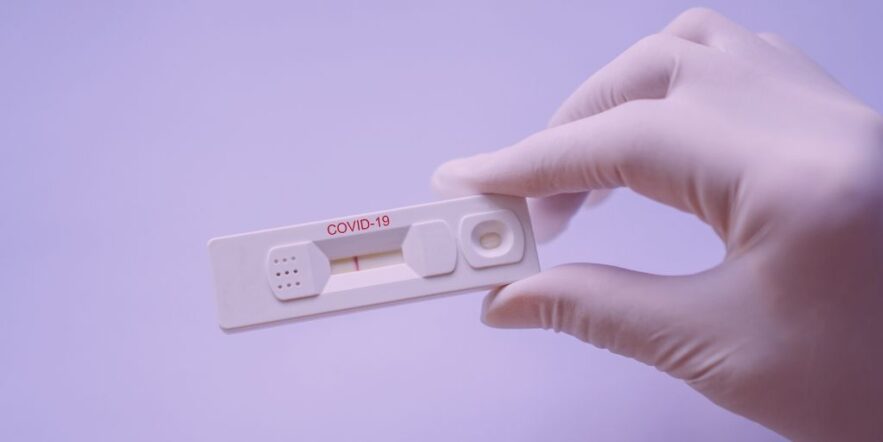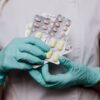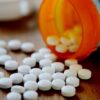Before you buy an “at-home” test online for COVID-19, you should know that they’re (probably) not accurate.
The FDA was formed to protect people from harmful or ineffective drugs and medical devices. In this pandemic-crazed world, the FDA has, unfortunately, surrendered to the building pressure for COVID-19 tests. As a result, they have lowered their usual high standards to allow 108 different test developers of at-home tests to be “temporarily” FDA-approved. And there are 400 more tests awaiting approval. Not one of these tests has been double-checked by an independent lab.
In pre-COVID-19 times, the FDA would never approve a product for the market that hadn’t yet been independently verified. Given the global pandemic, however, the FDA has abdicated its role as protector of the people. Currently, the FDA is giving a temporary green light to any random company or person that wants to claim their test will show if you have COVID-19 or if you have antibodies for COVID-19 in your system, which is presumed (but also not proven) to give immunity.
Using a test that is inaccurate affects not just you, but also your family, your friends, and all who come in contact with you.
When you take a test, one of four things can happen:
- You test positive and you are positive
- You test positive and you are actually negative (called “false positive”)
- You test negative and you are negative
- You test negative and you are actually positive (called “false negative”)
If your COVID-19 test gives you a false positive, you will have to quarantine for 14 days for no reason. Anyone you’ve been in contact with will have to isolate for 14 days also for no reason. And you may be given medicine for COVID-19 that you don’t need, risking side effects and taking medicine away from someone who needs it.
Testing as “false negative” (you are sick, but the tests says you are not) means that you won’t know to quarantine, and therefore might infect your friends, family, and co-workers (if you’re working). You might ignore symptoms as you get worse, delaying getting the medical care you need because you are convinced you don’t have COVID-19.
An article in The Hill, gives the math on how many people can be harmed by even a few wrong results:
“For example, if 250 million people are tested, about 67,000 people who have the disease will be told they do not, while about 7.4 million who are not infected will have their lives upended by a positive test. We need testing, despite imperfections in the measures. But, the public also deserves the best tests possible.” (This assumes the accuracy is very high and one percent of the population is infected. See this explained with much more clarity in the article.)
While the tests given at medical centers and hospitals aren’t 100% accurate either, you’re still under the watchful eye of medical professionals. Doctors understand the risk of false positives or negatives and add their clinical experience and judgment to make a diagnosis. Despite a negative test, a doctor may determine that you should still be treated. An at-home test offers no follow-up, no medical expertise, no critical thinking. It, in some cases, offers only false hope.
The tests to detect antibodies to COVID-19 are even more problematic. They, too, will produce false positives and false negatives. Even if you find you do have the antibodies for COVID-19, there’s still no insight into what that actually means. With other viral diseases, people usually develop immunity by getting the virus and living through it. In the case of COVID-19, there are anecdotes of people diagnosed with COVID-19 who contracted it a second time. That’s a worrisome sign that COVID-19 may not be like other viruses. Maybe surviving COVID-19 bestows immunity or not, maybe the immunity lasts for a week, a month, a year. We just don’t know, so what’s the point of getting the test anyway?
For now, the solution is simple: If you feel sick, call your doctor. Don’t buy or depend on an at-home test. Your healthcare provider is the best person to determine if your symptoms warrant taking a test. Better yet, the test your doctor writes a prescription for is free to you.
If you’ve had COVID-19, take care to continue protecting yourself and others. A little prevention can avoid a lot of sicknesses.






